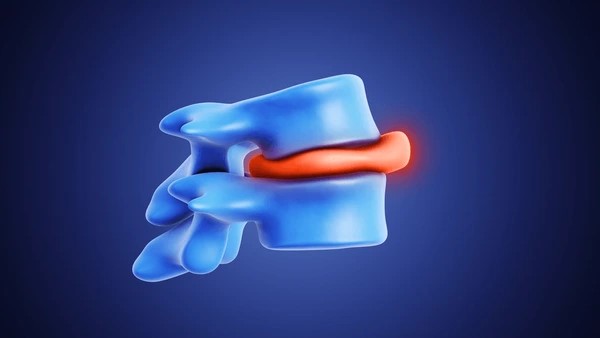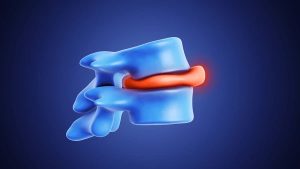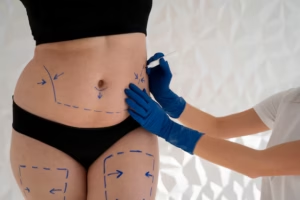Suffering from a bulging disc is no walk in the park. Imagine a rubbery cushion between your spine’s vertebrae pushing out and pressing on nearby nerves—that’s the reality for many people. The pain can be sharp and sudden, like a jolt, or it might feel more like a dull ache that just won’t quit. Everyday tasks like bending down to tie your shoes or even sitting for long periods can become daunting challenges.
Key Lifestyle Changes to Reduce the Risk of Bulging Discs
- Maintain a Healthy Weight
Extra pounds can put undue pressure on your spine. By maintaining a healthy weight through balanced eating and regular exercise, you help reduce this pressure and minimize your risk.
- Exercise Regularly
Strengthening your core muscles is crucial for spine support. Incorporate exercises like planks, bridges, and targeted stretches into your routine to keep those muscles strong and engaged.
- Practice Good Posture
Whether you’re sitting at a desk or lifting heavy objects, good posture matters! Make sure to sit up straight with your back supported and lift with your legs rather than straining your back.
- Stay Hydrated
Did you know that hydration plays a role in disc health? Drinking enough water helps maintain the elasticity of the discs in your spine, reducing the likelihood of injury or bulging.
- Limit Repetitive Movements
If you perform repetitive tasks at work or home, be mindful! Take breaks often to stretch and change positions to avoid putting too much strain on specific areas of your back.
- Invest in Ergonomic Furniture
Consider upgrading to ergonomic chairs or desks that promote better posture while working. The right setup can make all the difference in preventing discomfort and injury over time.
By making these key lifestyle changes, you can significantly reduce the risk of bulging discs while enhancing overall spinal health—because a little prevention goes a long way!
When to Seek Professional Help: Signs You Shouldn’t Ignore
When it comes to back pain, a bulging disc can be a serious concern. Here are some signs that you definitely shouldn’t ignore, and when it’s time to seek professional help:
Persistent Pain: If you’ve been living with back pain that just won’t quit, it’s a red flag. Don’t brush it off as just another day in your life.
Numbness or Tingling: Experiencing numbness or tingling sensations in your legs or arms? That could mean the bulging disc is pressing on nerves, and it’s vital to get checked out.
Weakness: If you notice weakness in your limbs or have trouble lifting things that used to be easy for you, don’t wait—get medical advice.
Loss of Bladder/Bowel Control: This is a biggie! If you’re experiencing any loss of bladder or bowel control, it’s crucial to seek immediate care. This could indicate something more serious.
Radiating Pain: Pain that radiates down your leg (sciatica) can signal nerve involvement from a bulging disc; don’t shrug this off as muscle strain!
Difficulty Walking: Struggling to walk normally? It’s not something to take lightly—consulting a healthcare professional should be your next step.
No Improvement with Home Remedies: If you’ve tried rest, ice, heat, and over-the-counter medications without relief after several days, it’s time for an expert opinion.
Listening to your body is key! If you notice any of these signs related to a bulging disc, don’t hesitate—reach out for professional help so you can get back on track!






